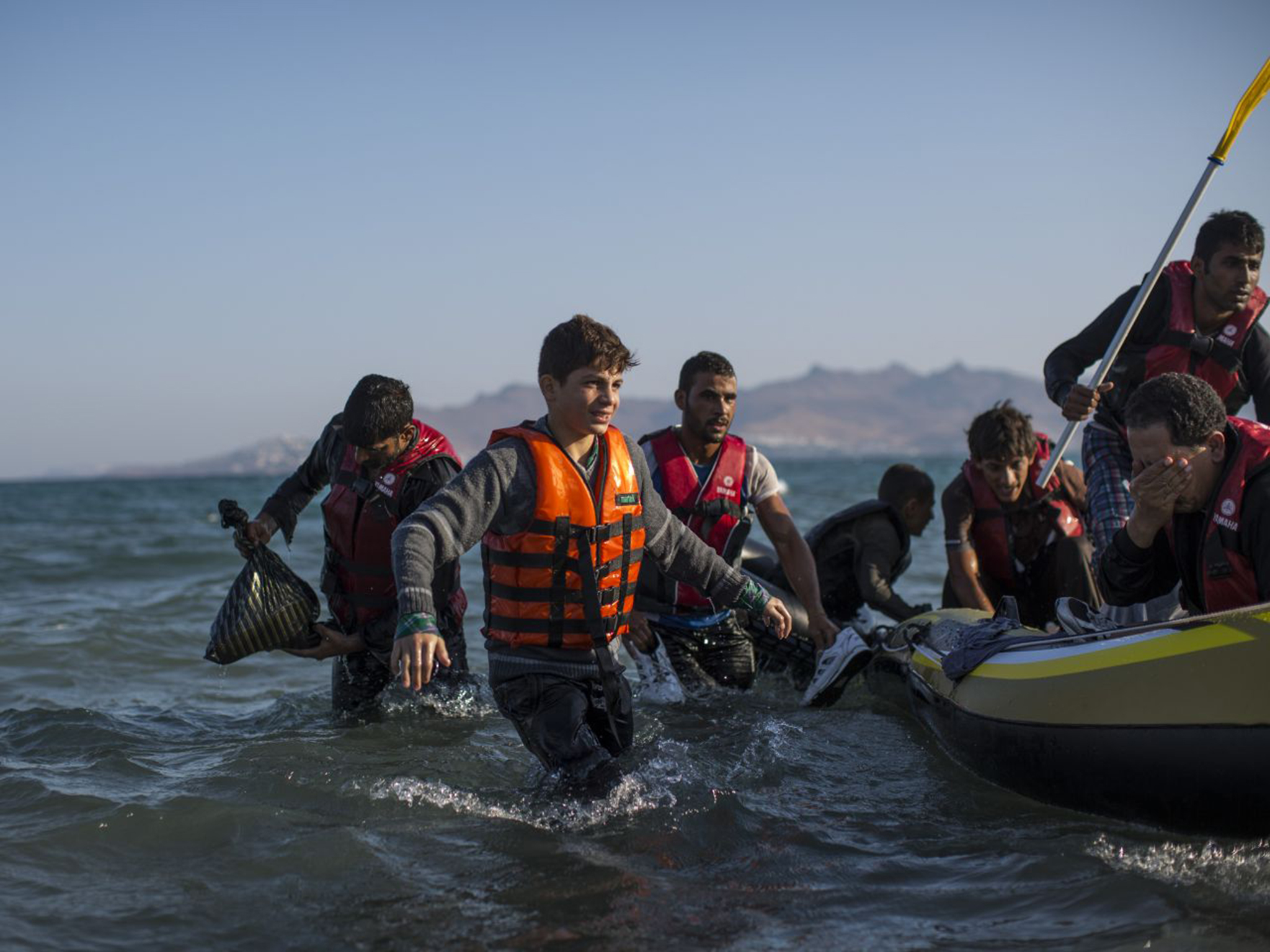By: Cody Knapp
Perhaps no nation in the world currently occupies as awkward a position internationally as Turkey. With its history as an Islamic caliphate and present position as one of the most powerful Muslim-majority states, it stands as a key player in the Middle East, yet its political leanings are firmly rooted in the West. Meanwhile, its foreign policy interests remain torn between these two worlds, as evidenced by its renewed ambition to become both the leader of the Middle East and to finally realize its long-time goal of full membership in the European Union (EU). Under the ruling Justice and Development Party (the AKP), Turkey has continued on a path of increasing modernization and liberalization, while simultaneously embracing closer relations with its less-than-liberal neighbors, Iran and Syria. It is these ostensibly inconsistent inclinations that are making Turkey, once the major power in the Middle East, a regional leader once again.
Such seemingly contradictory positions are inherent to the dichotomous Turkish national psyche, and its history at the crossroads of the East and the West has been central in the formation of these contradictions. Serving as the center of power for the Ottoman Empire for over 500 years, Turkey was the seat for an empire that maintained peaceful relations between Muslims, Jews and Christians in the Holy Land. It held territory in three continents, and controlled many of the world’s most important trade routes.
With the collapse of the Ottoman Empire and the founding of the modern Turkish state by Mustafa Kemal Atatürk in 1923, the new secular state shunned involvement in the greater Muslim world in favor of a Western orientation. This westward shift was a part of a larger modernizing approach, which included economic, social, and legal reform. From adopting the Latin script for the Turkish language to encouraging modern European attire among citizens, the Kemalist government systematically transformed Turkey from a Muslim empire into a modern, secular democracy based on the Western model. In fact, Turkey remains the only stable and successful Muslim-majority democracy in the Middle East.
The new, secular Turkish Republic, geographically split between Europe and Asia by the Bosphorus Strait and the Dardanelles, has consistently sought deeper involvement in European affairs. From joining the major European communities such as the European Economic Community (the predecessor of the European Union), where it has been an associate member since 1964, to reconciling Western culture and ideas with Islam, Turkey has stayed true to its founder’s desire to create a steadfastly European state.
As Turkey was a founding member of the Council of Europe in 1949, it would seem to have a historically valid case for full membership in the EU. This would represent the culmination of the Kemalist push to orient Turkey in the West, but despite the state’s historic Western inclinations and close ties with Europe, Turkey has not yet been granted membership in Europe’s premier organization. After applying for full membership in the European Community in 1987, Turkey was forced to wait until 2004 for the EU to begin formal accession negotiations. Future accession remains uncertain though, as many major EU governments, such as France and Germany, still oppose Turkish membership (unanimous approval of all existing member states is a prerequisite for EU membership).
This lack of welcome from the West has reoriented Turkey towards the East. Since the 2003 elections, Prime Minister Erdogan and the AKP have made this shift explicit, improving relations with neighbors and reclaiming Turkey’s traditional position as a regional power in the Middle East. The timing for this shift has been perfect: Egypt and Iraq are currently in shambles and Israel and Iran are regional pariahs, leaving only the Saudis and the Turks in any position to assert regional dominance. In the wake of the Arab Spring, Turkey seems to be coming out on top. Erdogan has begun promoting the Turkish government as a democratic system for the newly democratizing Arab states to model themselves after. Turkey has even taken a leading role in the Syria crisis, with the Obama administration essentially taking cues from Erdogan’s government. Additionally, many members of the Syrian opposition have been fleeing to and operating out of Turkey. Without doubt, we are witnessing the resurrection of Turkish leadership in the region.
Some Western observers see danger in the new Eastern orientation of Turkish foreign policy, but I believe that the United States has seen the emergence of a great potential partner in the region. As we seek to reduce our footprint in the region, Turkey, a longtime U.S. ally, represents an increasing attractive avenue for the U.S. to continue to exert its soft power in the Middle East. As it is neither a fully European nor Middle Eastern state, Turkey can now begin to serve as a bridge between the two regions and cultures, helping to bring more peace and understanding to an area in desperate need of it.
There is no denying it; Turkey is back. We should all watch to see if this reemerging leader starts play a bigger role in bringing stability to the region.

